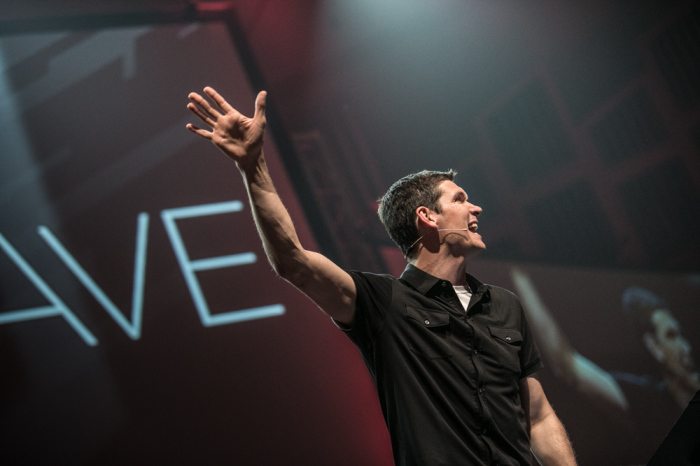Matt Chandler-led Acts 29 partners with Grimké Seminary to equip diverse church-planting pastors

In a society rife with biblical illiteracy and moral relativism, the Acts 29 church planting network has partnered with Grimké Seminary to train church planters in theological clarity and cultural engagement.
On Thursday, Acts 29, led by Matt Chandler, announced the partnership with Grimké Seminary, based in Richmond, Virginia. A reformed seminary devoted to training pastors for church ministry, Grimké is named after Dr. Francis Grimké, a biracial man born a slave but was later freed, becoming a pastor and a leading advocate of civil rights.
Together, Acts 29 and Grimké Seminary have three shared pillars:
● Theological clarity: Acquire the knowledge and understanding necessary for a faithful Christian life in all personal relationships and vocational endeavors.
● Cultural engagement: Cultivate a Christ-like heart for the lost and develop the habits of life that promote personal engagement with the people Jesus died to save.
● Missional innovation: Develop the observation, analysis, and application skills necessary for fruitful Christian ministry in a variety of contexts.
“Grimké and Acts 29 have the shared mission of building up pastors from all walks of life to serve any and all communities throughout the U.S. and the world,” said Chandler, who's also the senior pastor of the Village Church. “I’m thrilled about this partnership and the fruit it will bear in coming years.”
Seminary founder Pastor Doug Logan, who also serves as an associate director of Acts 29 and has 25 years of urban ministry experience, stressed that “theology was not meant to stay in the academic realm.”
“As Christians, we are called to apply our faith to our work and to our daily lives to reach our neighbors and our communities. It is with that heart to help the church that we started Grimké Seminary. We are Gospel-centered, theologically-driven practitioners leveraging our experience to help equip the next generation of church planters.”
The partnership comes on the heels of a new Barna report revealing that moral relativism is the “majority opinion” of Gen Z, with most teens and young adults holding to the belief that many religions can lead to eternal life.
“[The] simple fact of the matter is, moral relativism hasn't just crept into the worldview of Gen Z,” said Jonathan Morrow, director of cultural engagement and student discipleship at Impact 360 Institute. “It is now the majority opinion.”
Thomas Schirrmacher, the newly elected secretary-general of the World Evangelical Alliance, told The Christian Post that the biggest crisis facing the evangelical, global church today is the growing lack of biblical literacy worldwide.
“Our biggest problem is that Bible knowledge is fading away,” Schirrmacher said. “This is the utmost problem we have beyond all theological differences, financial problems, and political questions."
Robust theological training of pastors and church leaders, he said, is a critical part of combating this growing problem.
“[It’s] extremely important,” he stressed. “Because if evangelicals don't know the Bible any longer, it doesn't make any sense that we are a Bible movement. We have nothing else. We have no pope, we have no structure that keeps us together, no matter what we believe. We need to sit down and study the Bible, know the Scriptures, and be properly equipped for ministry.”
Brian Howard, executive director of Acts 29, told CP that while COVID-19 posed unprecedented challenges for the church at large, church plants are ideally situated to reinvent and innovate.
“They're not usually burdened by a lot of structures,” he said, adding that coming out of the pandemic, churches “may be a little bit more decentralized.”
“I don’t think we’ll rely as much on facilities,” he said. “We've learned that our job is not to get people to our building, but our job is to take Jesus to people. When they can come to our building, great, but if they can't, we still have to take Jesus to people.”



























